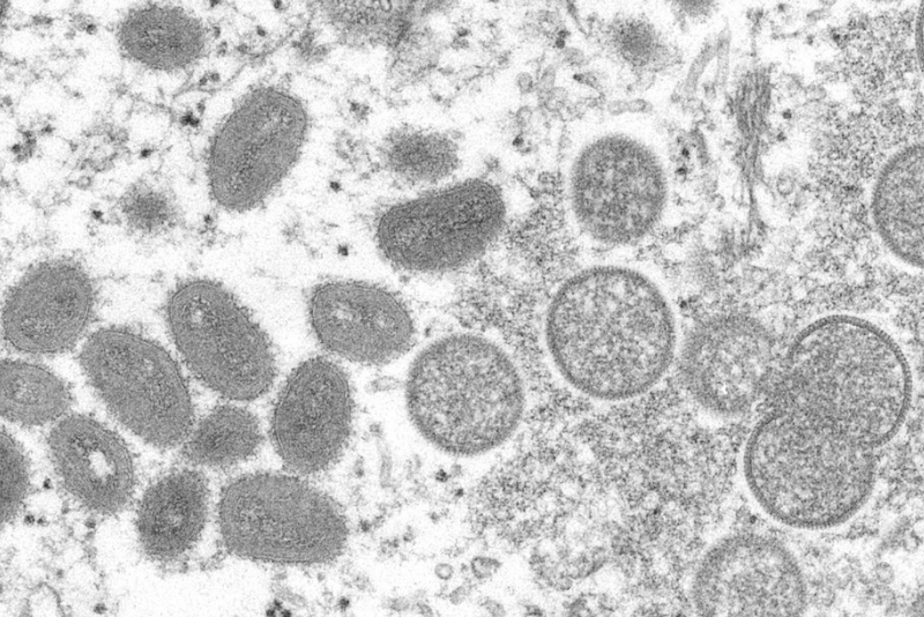Monkeypox in children is ‘exceedingly rare,’ but families should be aware

Washington state confirmed its first pediatric case of monkeypox, or MPV. The teen is 17-years-old.
Only a handful of minors have contracted the virus across the nation.
Beth Ebel is a Professor of Pediatrics at the University of Washington.
"Families should know that monkeypox among children is exceedingly rare," Ebel said. "It's not something they need to worry about on a day to day basis.”
RELATED: First pediatric monkeypox case confirmed in Washington state
She added that children tend to have very mild symptoms and tend to get better without any treatment. She still highly recommends seeking professional help if they suspect an MPV infection.
Sponsored
Ebel said families should not panic. Instead she wants them to be aware and know what to look for. Initial symptoms can look like a fever, some tiredness, or a rash.
"It often starts off with some little red bumps, but then they become raised and fluid filled. Similar, to what you might remember back in the chickenpox days," Ebel said. She also recommends guardians look up pictures of monkeypox rashes and lesions for reference.
Unlike Covid-19, monkeypox does not spread easily. Predominantly, it spreads through prolonged close contact. The rash often pops up where there was contact with an infected person.
Ebel explained, in children, rashes often pop up on the hands, fingers, arms, or the torso.
"You know, the way we hug each other, it's those parts of the body typically."
Sponsored
Monkeypox can also spread through clothing or fabrics . For example, it can infect others through shared sheets and bedding. It can also travel through the air, but it's less common. Respiratory spread usually only occurs if people share the same household and spend lots of time together.
Anybody can contract the disease. Children generally are not considered high risk unless they are under 8-years-old, are immunocompromised, or have skin conditions that put them at risk. However, Ebel emphasized, that if infected, "children generally do well".
If you suspect yourself or your child contracted monkeypox, cover up any legions to avoid infecting others. For children, put a band aid on it to avoid picking at the wound. Then seek treatment and get vaccinated.
Ebel added the vaccine is not recommended for the general public unless one has been exposed. The shot is still effective even when given after exposure. The jab will work better the sooner you get it after exposure, Ebel said.




